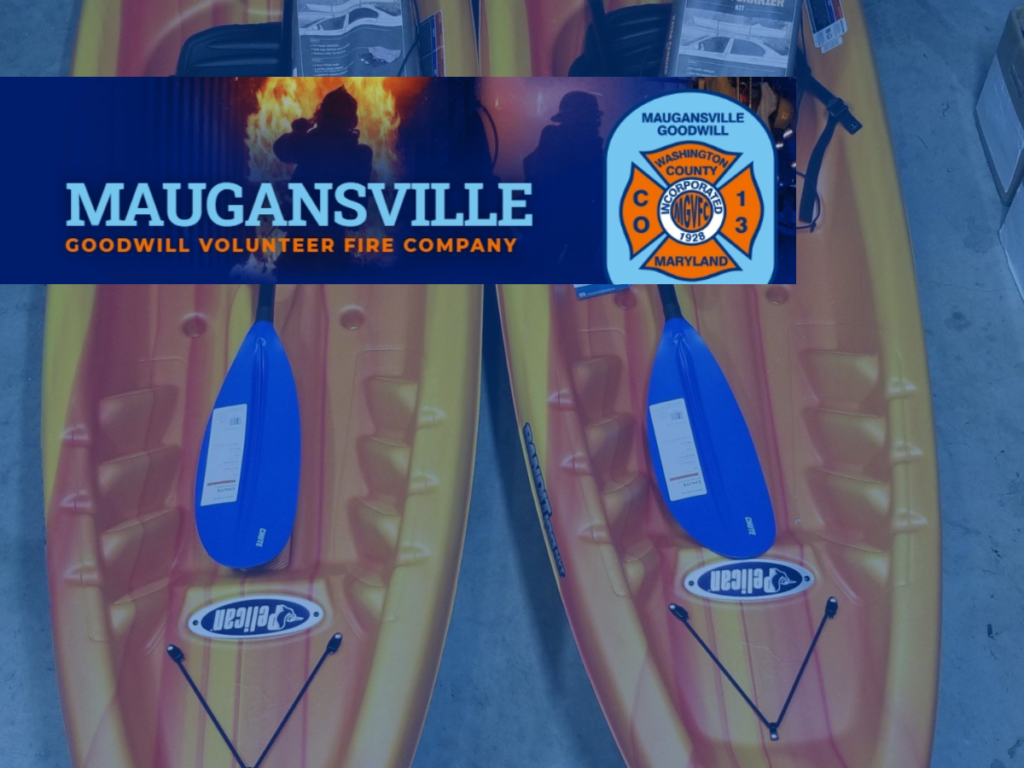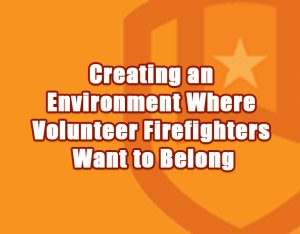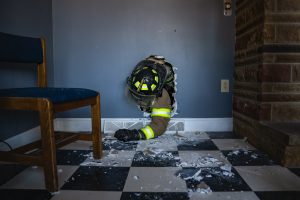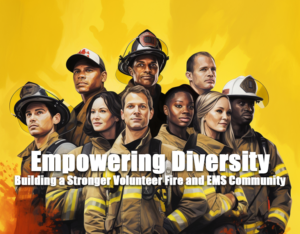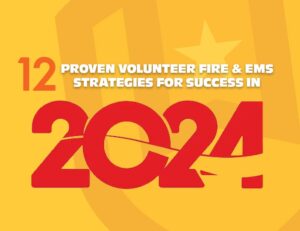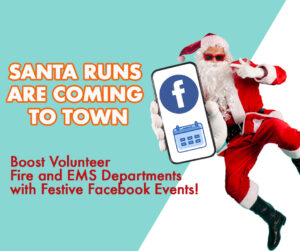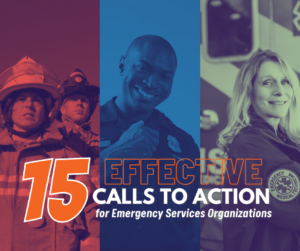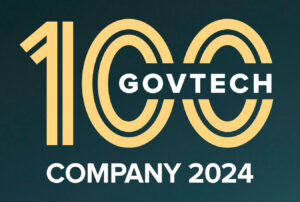When COVID-19 shut down in-person fundraising in March, Maugansville Goodwill (MD) Volunteer Fire Company lost $40,000 in expected income just by the end of that month. With operating costs to meet plus a much-needed new rescue squad on order, they couldn’t afford to wait out the shut-down to raise money.
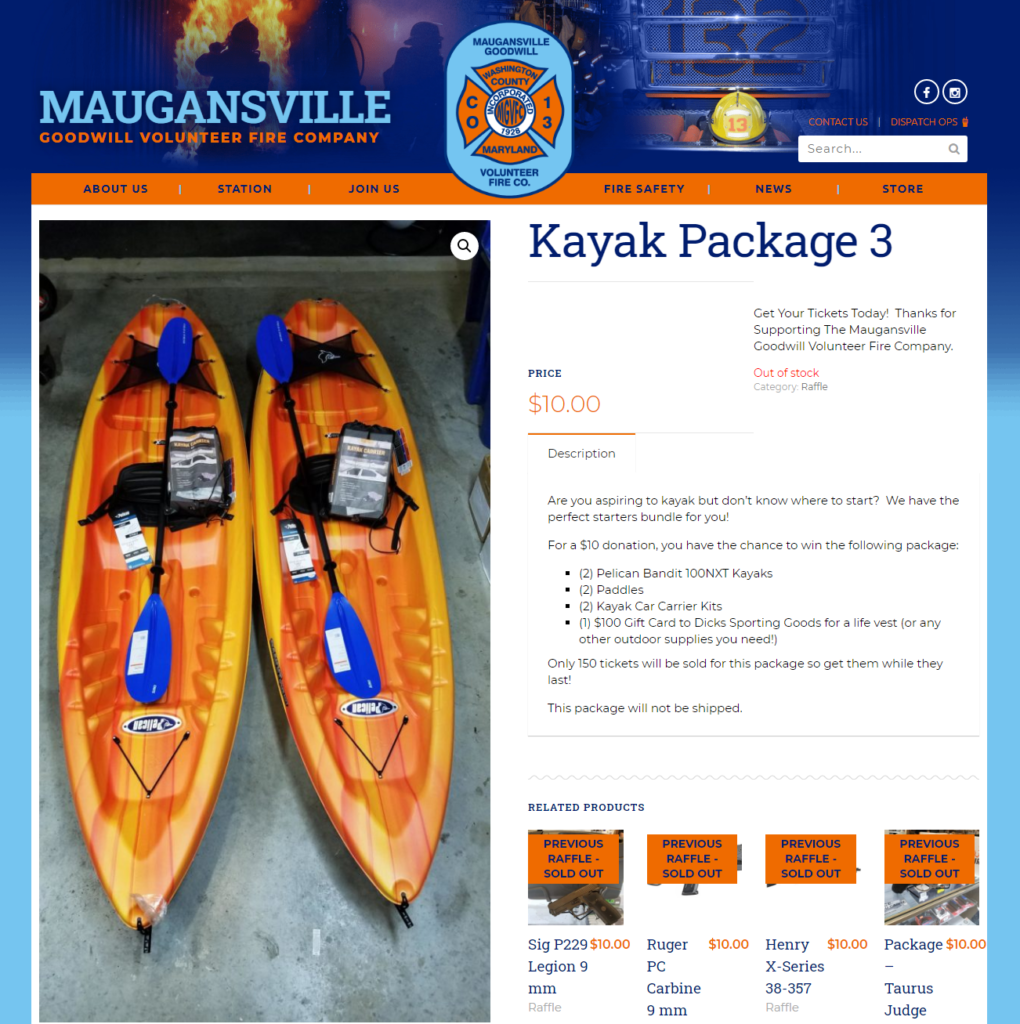 “We’ve had to come up with creative ways. That’s been our biggest challenge,” said MGVFC President Joe Goodrich. MGVFC provides fire, rescue, and emergency medical services to a 19 square-mile area in Washington County, MD.
“We’ve had to come up with creative ways. That’s been our biggest challenge,” said MGVFC President Joe Goodrich. MGVFC provides fire, rescue, and emergency medical services to a 19 square-mile area in Washington County, MD.
The members have risen to the occasion. Building off an idea from a neighboring fire department, MGVFC has roused community support through a series of online product raffles, beginning with a gun raffle in partnership with a local gun shop.
On July 8th, MGVFC reached out to First Arriving’s support center to ask for assistance in setting up their online raffle. On July 10th, just a day and a half later, they had a fully functioning WooCommerce store in place to sell tickets.
It was such a success that MGVFC followed up with additional raffles for other products. They saw that people in their area are especially into outdoor activities during COVID-19, and thought they might like a chance to win items such as camping equipment and kayaks.
» Watch a Raffle Winner Drawing on Facebook Live
By leveraging their website and social media platforms, they have since raised approximately $8,000 in under a month and have more events in the works.
Compared to their normal in-person fundraising efforts, “It’s a whole lot more bang for the buck,” Goodrich said. “The website does the work. Members don’t have to go out and sell tickets or do tip jars. The only work is that we go and get the items and make arrangements to do the drawings.”
While MGVFC does hope their online fundraising will make up for all their other lost income, Goodrich prefers not to compare it to what they would earn in normal times. He compares it to the zero income they would earn if they didn’t adapt during COVID-19.
» See MGVFC’s Recent Raffles on Website, powered by First Arriving
“It doesn’t matter how much we make up – it’s still better than if we sat back and did nothing,” he said.
Not only do these raffles replace income, MGVFC has found, but they also build community at a time when it’s needed most.
“Everybody is having hard times due to COVID,” noted MGVFC Vice President Melissa Armstrong, with local businesses losing money too. When MGVFC approaches them to partner up for a product raffle, they don’t ask for donations or discounts unless the business truly wants to offer it. “I tell them, don’t give their business away,” she said. By making purchases, the arrangement bolsters the whole community.
“You’re going to get good relationships with these folks,” Goodrich added. “When things go back to normal, they’re going to remember you.”
MGVFC is finding that online events also maintain community engagement. They hold their raffle drawings live on Facebook, showing the fire company physically spinning the drum full of real tickets, reaching in, and pulling out the lucky winner. Then the members get to email and call the winners with the good news. “We’re making people happy,” Goodrich said.
MGVFC is now working with First Arriving to take their “Queen of Hearts” game online, allowing folks to participate in this recurring, progressive raffle style game. This will likely be the first “Queen of Hearts” game managed by a fire department to go online.
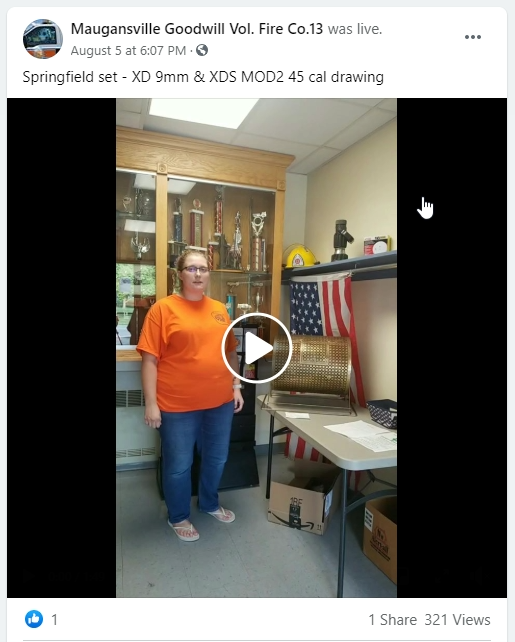 Armstrong noted that fire companies getting into online fundraising should look into any local, county or state regulations. In their case, that included checking in with a county gaming commission.
Armstrong noted that fire companies getting into online fundraising should look into any local, county or state regulations. In their case, that included checking in with a county gaming commission.
On top of any government regulations, payment processors may have their own restrictions for how they can be used to raise funds. “It’s really important that you read the terms and conditions,” Armstrong said, noting that MGVFC has changed payment processors four times to ensure they were within the terms of service for each processor. Some may consider fundraising raffles or games to be gambling.
Some payment processors may also restrict the movement of certain products. “If it’s something like guns or archery equipment, make sure the processor is ok with that,” Armstrong said. She suggests that as a place to start, “If you’re working with a local gun shop for example, ask how they process any online orders.”
MGVFC keeps the rest of their process simple. They decided on a blanket $10 price for raffle tickets, and they choose a number to sell based on the price of the product, which has ranged from about $500 to $1,200. After accounting for the product cost plus payment processing fees, they aim to make at least $400 to $500 per raffle. However, keeping the tickets limited is what keeps them hot and in-demand.
For their first raffle they limited the tickets to 150 and sold out in 18 hours. They have subsequently done 15 additional raffles, typically selling out in less than 24 hours. Some participants are purchasing tickets from outside their response area due to the online reach.
While Armstrong expects their online fundraising to continue strong, she suggests it may slow down as more neighboring fire companies also move to online fundraising and share that niche – something the Maugansville fire company fully supports.
“It’s a great passive fundraiser you can do…. Don’t be afraid to try something new,” she said.
Both Armstrong and Goodrich expect to carry lessons from this experience into the future, even when COVID-19 restrictions ease up. Aside from the convenience and value, moving more fundraising online –even if it’s ticket sales for an in-person event – is popular with members, they said. Modern time constraints and a changing culture favor the use of technology over physically going door to door to ask for support.
“I would say we’ll keep this going,” Goodrich said. “Number one: it takes care of itself. Number two: it’s fun.”

